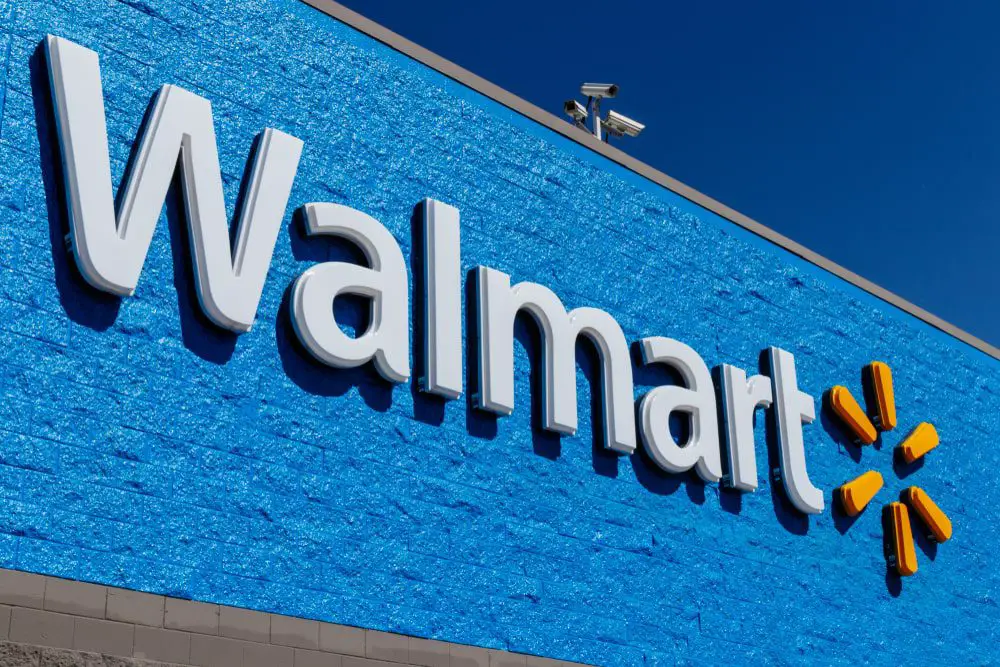2024 has been eventful for consumer goods and services.
Retailers and restaurants face great consolidation. Niche and specialty retailers are vanishing, replaced by corporate giants.
Legacy retailers like Joann Fabrics and Party City are losing relevance. Large empty footprints are left behind. Restaurants like Foxtrot and Red Lobster struggle too.
Covid accelerated the decline of mall-linked stores. Post-pandemic inflation changed shopping behavior. Discount retailers became preferred over traditional shopping hubs.
Food prices have soared. Grocery costs are up 2.2% from last year. Dining out is more expensive, even at cheaper places. McDonald's prices doubled since 2014, outpacing inflation.
Walmart tackles this issue. In March, they aimed to reduce food prices to pre-inflation levels. CEO John Furner noted this helps Walmart long-term.
Customers are pleased. Walmart attracts new, higher-income shoppers. Sales from those earning $100,000+ rose by 22%.
"We are seeing customers trade into Walmart," CFO John Rainey said. Even high-income customers shop for quality products at lower prices.
Former Walmart CEO Bill Simon is skeptical. He fears new high-income customers may harm those needing low prices. "Walmart is built on convenience, cost, and assortment. Not on service," Simon told CNBC.
Walmart reported strong earnings. Revenue jumped 6.05% year-over-year. Net income rose 205.08%. Earnings-per-share increased by 14.16%.
Simon warns these gains might reverse. He believes food inflation drives Walmart's success. Walmart execs disagree, citing unit growth and market share gains.
"The momentum is from units sold and transaction counts," CEO Doug McMillon said. "These are not inflation-driven results."
Simon remains cautious. He predicts, "When inflation abates, service will outweigh price. Then, Walmart's tailwinds will become headwinds."

